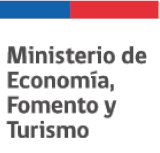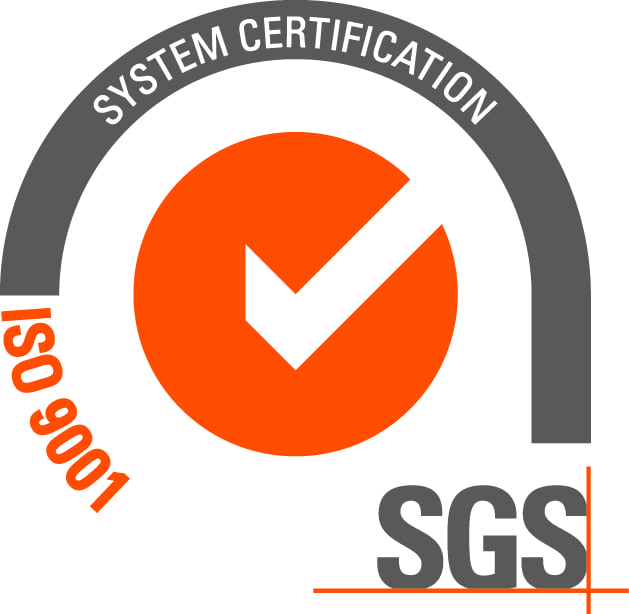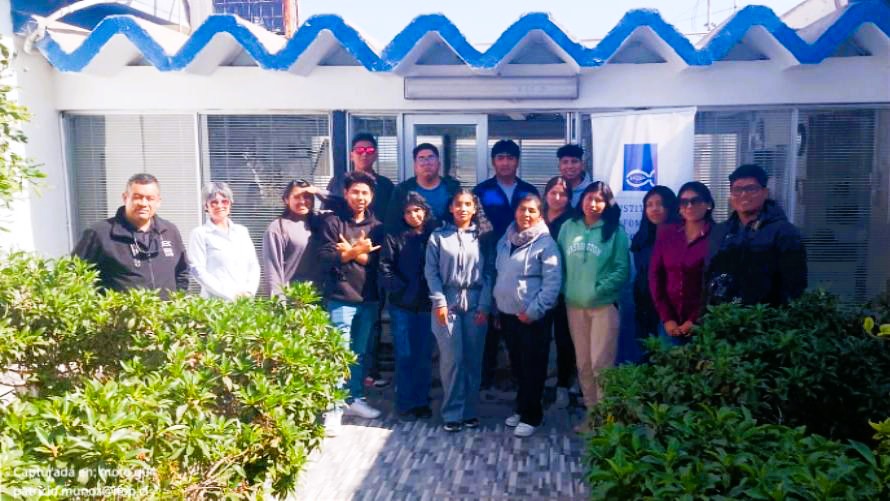
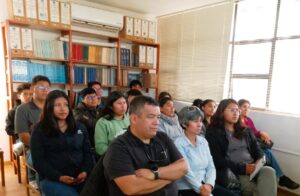 On July 23, students and graduates from the Professional School of Fisheries Engineering at the National University of Moquegua, Ilo Campus (Peru), conducted an academic visit to the Regional Headquarters of the Fisheries Development Institute (IFOP) in Arica. The activity, coordinated with the support of ACUIPERÚ, is the second instance of liaison between the two institutions. The objective is to foster knowledge exchange and strengthen cooperation in fisheries and aquaculture research, especially in the sustainable management of benthic species of commercial interest in northern Chile and southern Peru.
On July 23, students and graduates from the Professional School of Fisheries Engineering at the National University of Moquegua, Ilo Campus (Peru), conducted an academic visit to the Regional Headquarters of the Fisheries Development Institute (IFOP) in Arica. The activity, coordinated with the support of ACUIPERÚ, is the second instance of liaison between the two institutions. The objective is to foster knowledge exchange and strengthen cooperation in fisheries and aquaculture research, especially in the sustainable management of benthic species of commercial interest in northern Chile and southern Peru.
The day began with a presentation by Hernán Padilla, head of the IFOP Regional Headquarters, who outlined the work the Institute carries out at the national and regional levels, highlighting the main programs and projects implemented in the northern macro-region. The visitors then participated in a virtual talk led by Luis Ariz, head of the IFOP Management Areas Section, who discussed the regulatory evolution and management model for the Benthic Resource Management and Exploitation Areas (AMERB) in Chile. His presentation highlighted the follow-up and monitoring mechanisms implemented by the Institute, positioning Chile as a regional leader in this area.
The activity also included a tour of the Institute’s laboratories, where students were able to learn firsthand about the work of scientific observers and the procedures for collecting biological and fisheries data. They were also presented with environmental education initiatives aimed at schoolchildren and the community, as part of an awareness and sustainability strategy.
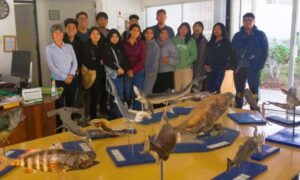 The professors from the University of Moquegua in charge of the delegation, Sheyla Zeballos and Carmen Liza, described the visit as an enriching experience for the training of future professionals. “This technical immersion not only provided access to up-to-date information on fisheries management and resource conservation, but also strengthened cooperation between our countries. Initiatives like this open up new possibilities for bilateral collaboration and contribute to jointly addressing the challenges of the fisheries and aquaculture sectors with a sustainable and innovative approach,” they noted.
The professors from the University of Moquegua in charge of the delegation, Sheyla Zeballos and Carmen Liza, described the visit as an enriching experience for the training of future professionals. “This technical immersion not only provided access to up-to-date information on fisheries management and resource conservation, but also strengthened cooperation between our countries. Initiatives like this open up new possibilities for bilateral collaboration and contribute to jointly addressing the challenges of the fisheries and aquaculture sectors with a sustainable and innovative approach,” they noted.
Finally, the IFOP regional head highlighted the importance of these types of meetings, especially in border territories. “Chile and Peru share fisheries resources and face similar environmental challenges. It is essential to continue promoting spaces for scientific and technical cooperation like this one, which will allow us to advance toward sustainable management of marine ecosystems and strengthen our response capacity to phenomena associated with climate change,” he concluded.



